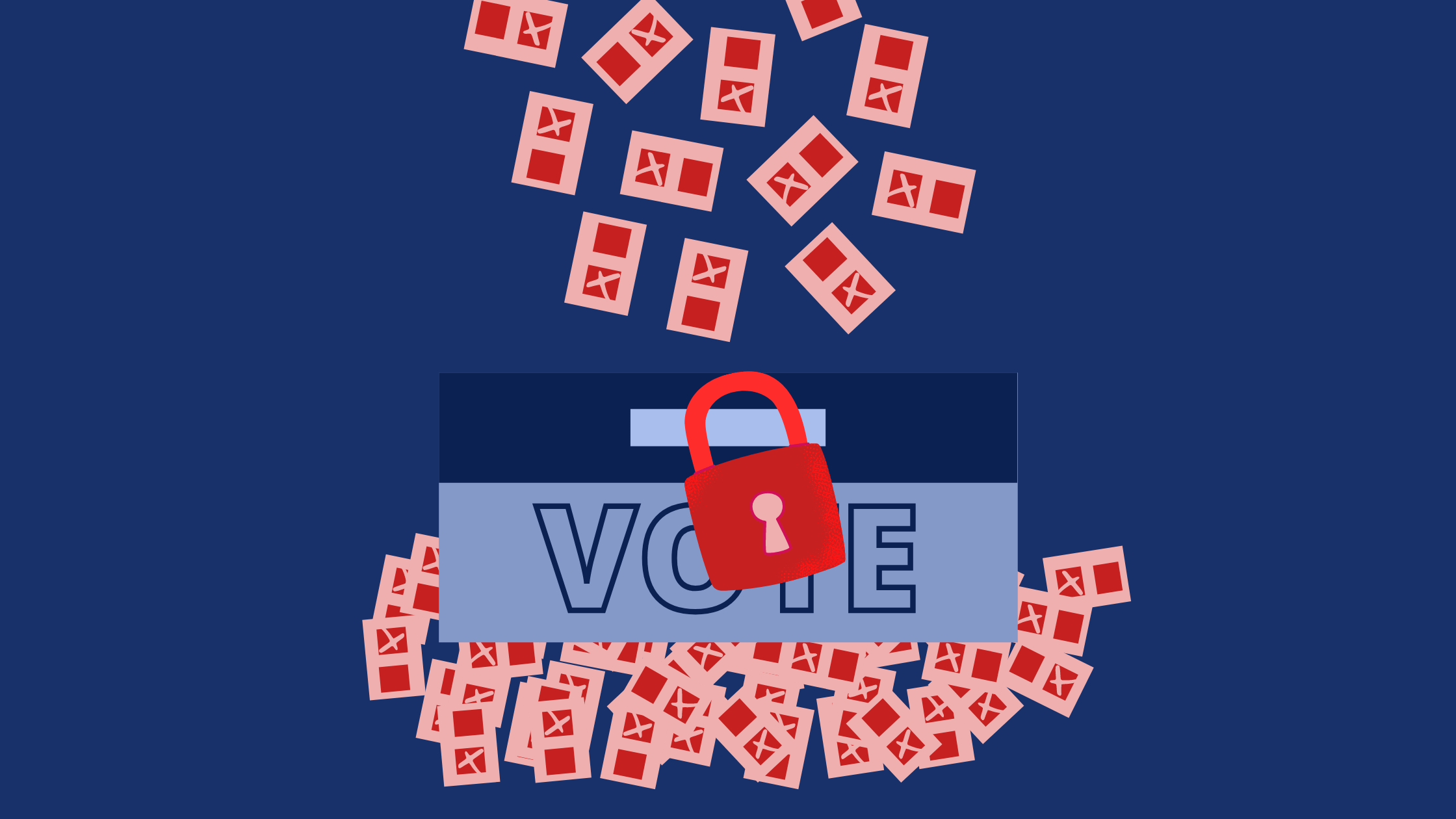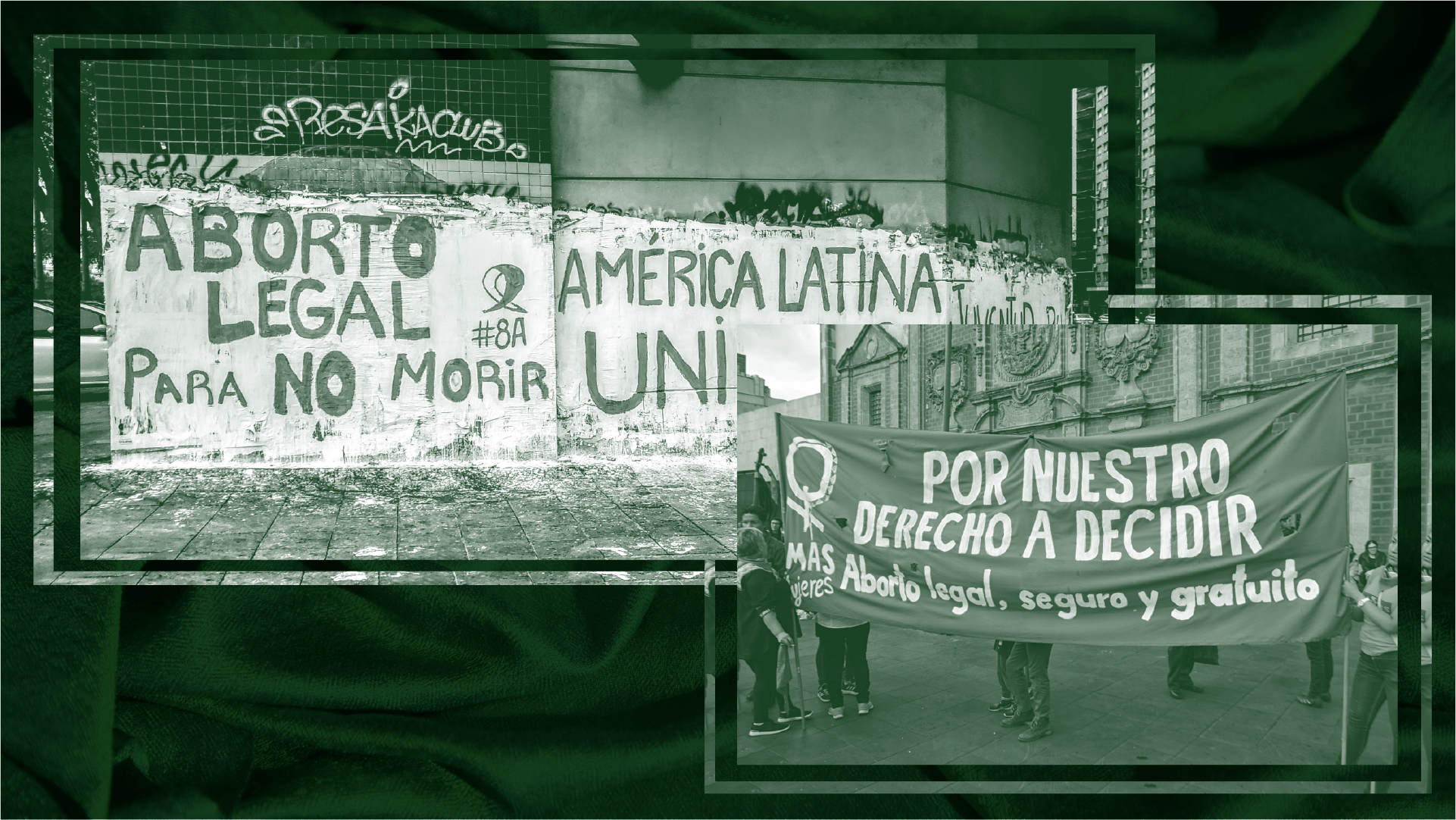
Local Organizers, Democratic Officials Mobilize Against GOP Efforts to Hinder Voting
“Worst-case scenario, it takes away people’s right to vote altogether. And best-case scenario, it makes things unnecessarily difficult to be able to cast your vote.”
If the Republicans in the Arizona State Legislature have their way, the choices of the state’s electorate will hardly matter anymore. One of several bills before the Legislature, HB 2720, seeks to allow lawmakers to select their own electors “by majority vote at any time before the presidential inauguration,” thereby overriding the preference of Arizona voters. Another, HB 2426, proposes empowering the legislature to award two of the state’s 11 electoral votes to a candidate of its choosing, independent of the votes cast by the electorate.
In the aftermath of the 2020 presidential election, Republican lawmakers in states that flipped blue — like Arizona, Pennsylvania and Georgia — are proposing substantial changes to election laws. The surge of early and mail-in ballots in November in these states fueled outrage from then-President Donald Trump and his supporters, who declared the election fraudulent and coordinated an insurrection at the U.S. Capitol on Jan. 6 in response despite a lack of any evidence indicating widespread fraud.
After these states certified their election results, negating Trump’s claim of fraud, Republican state officials are introducing bills that will make the voting process more burdensome. Now, Democrats and activist groups are saying that the GOP is only pushing forth these proposals to boost their own prospects in competitive states by discouraging Democrats from voting.
Democrats and voting-rights activists are facing a barrage of new bills to combat. Several GOP-sponsored bills in Arizona specifically target vote-by-mail protocols. Current proposals include a measure that would require voters casting a mail-in ballot to first get it notarized and a bill that would essentially end vote-by-mail altogether. Activists and experts are particularly concerned about SB 1069, sponsored by Arizona Sen. Michelle Ugenti-Rita, which threatens Arizona’s widely-used permanent early voting list (PEVL). PEVL, currently used by 3.2 million Arizonans, allows voters to automatically receive their ballots in the mail for every election. Ugenti-Rita’s bill, which passed out of committee on party lines, would remove voters from PEVL if they do not vote in two consecutive elections. Ugenti-Rita called the bill “good housekeeping,” arguing that purging PEVL makes sense to lower costs and preserve election integrity.
Rachael Cobb, chair and associate professor of Suffolk University’s Department of Government, believes this bill would discourage voting, ultimately threatening democracy.
“The general method of the voter participation system in the U.S. is the opt-in, rather than the opt-out method, which we know from behavioral science, puts the onus completely on the voter to take all of these proactive steps,” Cobb said. “And the argument in favor of voters doing that is that, well, if you care, you would do this. And if you don’t care, then you deserve to be punished. That is a flawed way of encouraging participation in democracy.”
Cobb noted that SB 1069 would disproportionately impact minority voters and vulnerable groups.
“It is pushing out anybody who is not a ‘super-voter.’ And the people who are, who participate a lot, tend to be whiter, older, more affluent, and more educated. So there is a systemic bias in bills like this to purge people who are the opposite of that list — minorities, low income people, people with less education,” Cobb said.
Since SB 1069 could remove thousands of voters from PEVL, organizers like Emily Kirkland, executive director of statewide progressive advocacy group Progress Arizona, believe the bill amounts to voter suppression.
“It’s an attempt to put obstacles in the way of eligible voters,” Kirkland said. “We estimate that if this bill had been in place in 2020, more than 100,000 people would have been purged from the list.”
Despite attempts from organizers to mobilize opposition to the bill, Kirkland believes the Republican majority in the state legislature will likely pass it.
“It could be heard on the floor of the State Senate any day now. From there it will go to the State House and to the governor’s desk,” Kirkland said.
Although SB 1069 enjoys strong support among Republicans in the Arizona Legislature, the public has been more critical. An op-ed by Abe Kwok, an editor at the Arizona Republic, noted that it could hurt independents in particular, given their low participation rates in primary elections due to the existing hurdle of having to specifically request partisan ballots.
Despite opposition from voting-rights groups, Republicans in the Arizona legislature are focused on passing these bills early on in the session. Arizona State Senator Martín Quezada (District 29 — Democrat) thinks their impetus stems from Republican claims of election fraud in the 2020 presidential election.
“Republicans knew they were going to lose and they knew that they needed an excuse to limit who votes in the future so that they didn’t lose again,” Quezada said.
He also rebuked Ugenti-Rita’s justifications for the bill, pointing out the current existence of robust laws that can catch instances of voter fraud, which he says are already extremely rare.
Quezada underscored the importance of PEVL to low-income communities and communities of color, whose access to the ballot box is often more limited due to a convergence of societal factors such as language barriers and poor voting infrastructure in their neighborhoods.
“Worst-case scenario, it takes away people’s right to vote altogether,” Quezada said. “And best-case scenario, it makes things unnecessarily difficult to be able to cast your vote.”
More than 1,500 miles east in Atlanta, the Georgia state legislature is in session in the aftermath of the state’s recent runoff U.S. Senate elections. Democrats Raphael Warnock and Jon Ossoff won their races in January, flipping the U.S. Senate — and both of the state’s seats — blue. Biden in November also became the first Democratic presidential candidate to win the state since 1992, in part due to record-breaking voter turnout and grassroots organizers. Republicans in the Georgia state legislature have proposed numerous voting reforms early in the session, including ending no-excuse absentee voting, banning ballot drop boxes and requiring absentee voters to submit printed copies of their photo ID. Cobb explained that these measures would create additional hurdles for the 7 million-plus voters in the state to cast their ballots.
“If 2020 showed us anything, it is that first of all, we can do a lot by mail, and a lot of absentee voting — and we can do it well, and states across the country that had an incredibly small amount of time to implement a massive new policy did it and people participated in record numbers,” Cobb said. “So the evidence right now is that this helps people let their voices be heard. So to undo it, I think, is to backslide and not recognize the positive innovation that 2020 provided for us.”
Not all state Republican officials are aligned on tightening voting restrictions. Georgia Secretary of State Brad Raffensperger endorsed ending no-excuse absentee voting and implementing the photo ID requirement, which would invalidate Georgia’s 2005 law introducing no-excuse absentee voting. GOP House Speaker David Ralston, though, is not yet convinced that the practice should end, saying at a news conference that “somebody’s got to make a real strong case to convince [him] otherwise.”
Democratic Georgia House Rep. Bee Nguyen explained that Republicans may also be impacted by changes to no-excuse absentee voting.
“There has never been any kind of issue with the no-excuse portion, until Democrats started using this last year because of the pandemic,” Nguyen told The Interlude. “But historically, it has always been used by Republicans more. And obviously, during a pandemic, voters on both sides of the aisle needed it in order to stay safe.”
Reflecting on the current proposals before the Georgia Legislature, Nguyen said, “I think ending no-excuse absentee voting will be a harder hill for [Republicans] to climb. Given Speaker Ralston’s very public position about the ID portion, I do believe that will likely pass.”
Even as the Legislature is considering new voting-related proposals, Republicans have already begun implementing key changes. Ralston created a Special Committee on Election Integrity at the beginning of the 2021 legislative session in January to evaluate elections-related bills that would likely have otherwise been heard by the Governmental Affairs committee. The new committee is composed of 10 Republicans and four Democrats.
Despite resistance, the GOP’s efforts in hotly contested states around the country to make the voting process more onerous are already underway. These policies could end up disenfranchising voters across the country, threatening a fundamental pillar of democracy and placing even more hurdles in front of minority and poor voters who have faced decades of systemic voter suppression.
“For democracy, it is alarming,” Cobb said. “If we believe in equity and equal access to the ballot, then rules like this systematically disenfranchise some while enhancing the political power of others. This [strategy] also reduces participation and diminishes the faith that people may or may not have in our democratic system, because it’s so blatantly problematic.”


